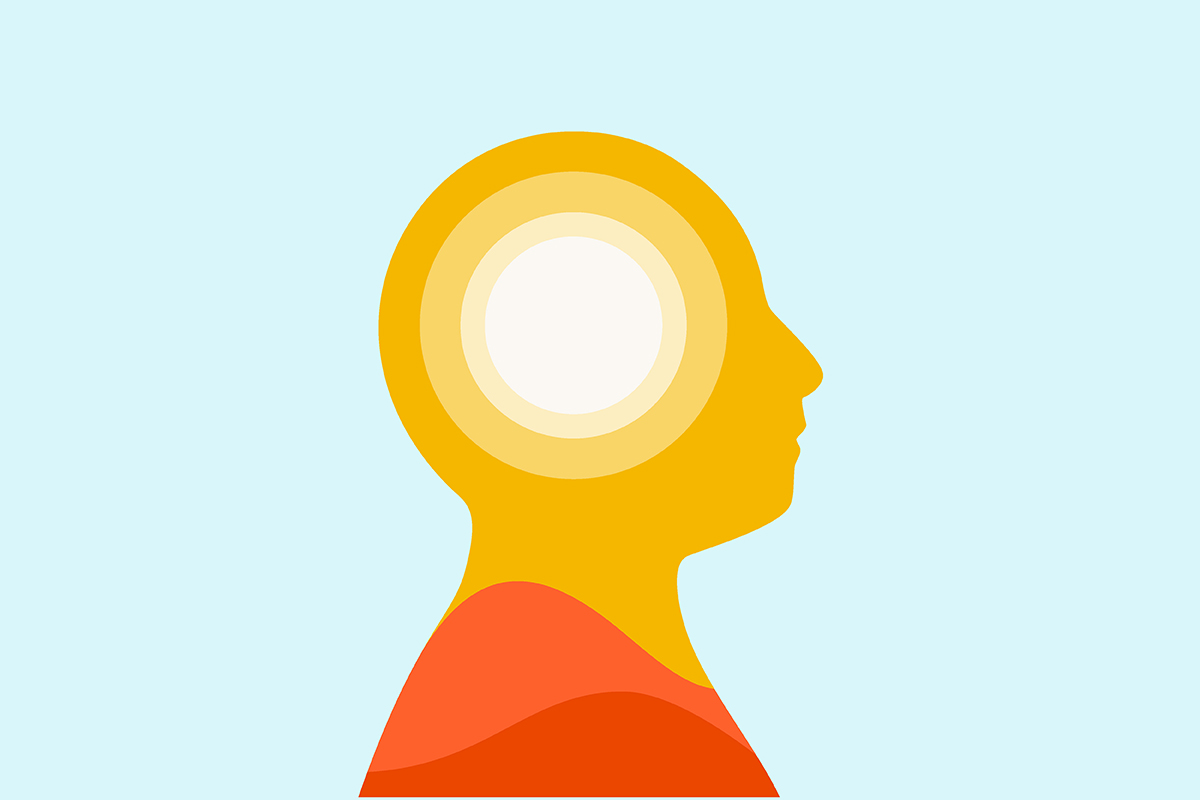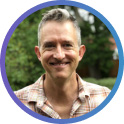
In highlighting the difference between illness and wellness, the spiritual teacher Swami Sivananda pointed out the ‘I’ of illness and the ‘we’ of wellness, all other letters being the same.
As we emerge from winter and head into the longer and warmer days, there are more opportunities to engage with our communities, whoever they may be— family, friends, teams, support groups, etc. Humans are innately social creatures, and in today’s modern society, the quality of our relationships is proven to impact human health. Feeling a sense of connection is linked to lower risk for cardiovascular problems, diabetes, infectious illness, cognitive dysfunction, depression, anxiety, and self-harm, among other dis-ease.
Being in community is a powerful healing modality, with implications beyond psychological support and wellbeing. Sociality impacts multiple physiological systems, including the nervous system, microbiome, and immune system. Ancient wisdom tells us of the power of being witnessed in the safety of a trusted group; honoring emotional states, accomplishments, events, and transitions as a collective, and sharing in experiences together, can be immensely healing for one’s mind, body, and spirit.
Witnessing and Being Witnessed in Relationship
Both witnessing and being witnessed are foundational to therapeutic relationships. This reciprocal exchange involves the attentive, validating observation of experience as well as vulnerable sharing and expression. Authentic relating requires presence, spontaneity, and compassion by all participants. The environment created in the safety between two or more people brings profound empathy, belonging, and acceptance. Learning the skillsets to cultivate such honorable space takes time and trust; however, these skills can be mastered with practice.
Communal Healing
The importance of community, connection, and ceremony in the support of mental health has been recognized for thousands of years. In many cultures around the world, this is still the orientation toward healing. Ritual and ceremony are typically embedded into social structures, aimed at restoring harmony within the individual, the collective community, and ancestors. Community healing might not only consider those within a close-knit social sphere, such as family (whatever that definition means to a person), but also connection to the earth and nonhuman beings in nature.
The current model of Western medicine often works through an individualistic lens (e.g., the concept of “personalized medicine”). In America’s independence-driven society, it may be difficult to grasp the concept of incorporating community into what might be considered someone’s private affairs. Yet trusted companions who are invested in each other’s wellness can bring both validation and new perspectives to each person’s struggles. Sharing in communal vulnerability and care can deepen a sense of intimacy and meaning in this life. Adapted, culturally relevant rituals or ceremonies might provide structure for group-directed healing to occur.
Choosing Connectivity
Modern communities might be built through a variety of means, meeting contemporary needs and lifestyles. Passions and hobbies are one way to bring folks together, for example through sports, online gaming, or book clubs. Researching and attending pre-organized community experiences like walking events, sobriety meetups, meditation retreats, or dance groups might help establish a regular schedule for these relationships. Finding people that bring genuine joy is the most important part of authentically connecting.
For mental health clinicians, it may be supportive to incorporate communal elements into treatment. Group therapy sessions, community support groups, and therapy-based communal activities (such as nature-based retreats, wellness workshops, outreach programs, etc.) might provide shared spaces for collective empowerment. Researching and exploring culturally appropriate ceremonies with individual clients may also help support transitional states of change and transformation.
Conclusion
The idea of community mental health, and the responsibility of communal support, is not a new concept. Fostering connections can greatly enhance the therapeutic journey and contribute to more holistic healing outcomes. By weaving the threads of communal practices into the fabric of modern therapeutic approaches, clinicians might offer our clients a deeply rooted and expansive support system that honors both their individuality and their intrinsic need for community.







